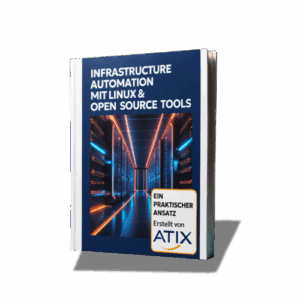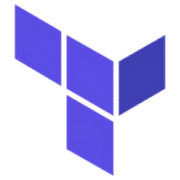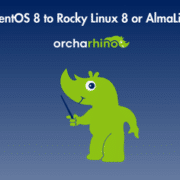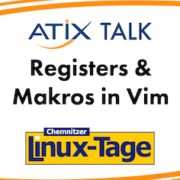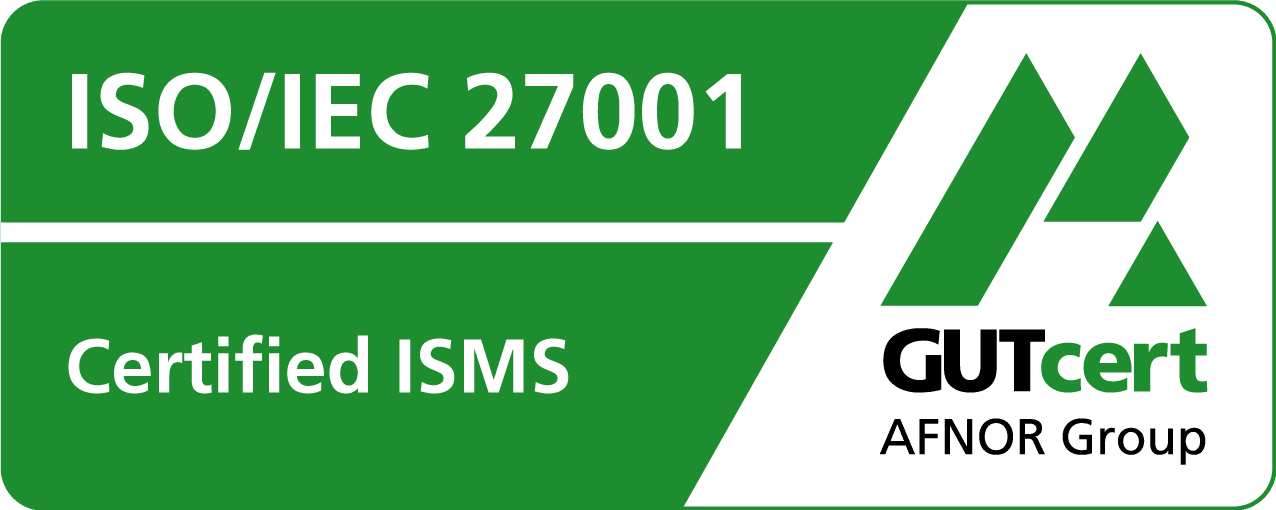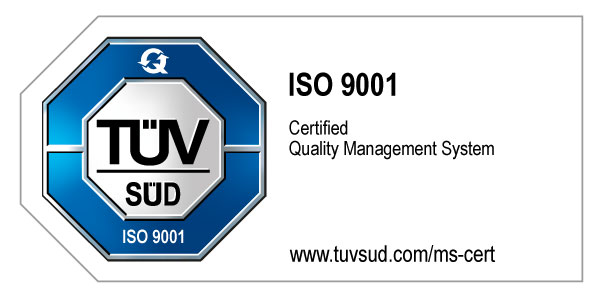Terraform vs. OpenTofu: Which solution is right for your company?
Automating IT infrastructures with IaC is essential. Terraform has established itself as a popular provisioning tool, but HashiCorp’s license change poses challenges for companies. OpenTofu offers more flexibility as an open source alternative. But which tool is better? This article compares both solutions to find the best choice for your IT strategy.
Infrastructure as Code (IaC) as the basis for modern IT strategies
Infrastructure as code (IaC) has become a crucial part of many companies’ IT strategy. Terraform from HashiCorp has established itself as one of the most popular tools in this area, especially for defining, automating and (de)provisioning cloud resources and IT infrastructure.
However, a recent change to the Terraform license has raised questions, especially for companies that rely on a pure open source IaC solution. OpenTofu as a Terraform alternative now offers a promising option – but which tool is right for your business?
In this article, we look at the pros and cons of Terraform and OpenTofu. This will help you make the important decision as to which IaC tool is best suited to your cloud and IT infrastructure.
What is Terraform? Introduction to HashiCorp’s IaC tool
Terraform can be used to define cloud resources (servers, networks, storage, databases) as code using declarative configuration files in the HCL language (HashiCorp Configuration Language). With the “terraform plan” function, the result can be checked again before use and with “terraform apply”, the tool can then provision entire clusters including logical networks if required.
Terraform functions: How does Infrastructure as Code (IaC) work?
Terraform enables developers and IT teams to manage cloud infrastructures via code. With a variety of Terraform providers, resources at Amazon Web Services (AWS), Microsoft Azure, Google Cloud Platform (GCP), Hetzner Cloud and on-premise data centers can be automatically provisioned, modified to a limited extent and deleted. Ansible or Puppet is often used for subsequent configuration management.
Terraform license amendment 2023: Impact on companies
For a long time, Terraform was an open source tool under the Mozilla Public License (MPL 2.0). However, in 2023, HashiCorp changed the license for Terraform from version 1.6 and placed it under the Business Source License (BSL).
This change caused significant concern in the DevOps and open source community, especially for companies that use Terraform in commercial SaaS products or prefer a long-term license-free infrastructure-as-code solution.
What is OpenTofu? Open source alternative to Terraform
OpenTofu is a fork of Terraform, which was developed as a complete open source alternative to Terraform. The project was launched after the license change to allow companies unrestricted use for Infrastructure as Code (IaC) without commercial license fees. The first stable OpenTofu version was released in January 2024.
OpenTofu follows the Terraform syntax, making it easy to switch from Terraform. The project is supported by a community of developers and uses the Mozilla Public License (MPL 2.0), which allows all users to use the tool without commercial license fees or restrictions.
Terraform vs. OpenTofu: Is OpenTofu really compatible?
As OpenTofu is based on a direct fork of Terraform, most of the functions, commands and modules remain identical. This means that companies can continue to use their existing Terraform scripts and modules without having to completely redevelop their IaC environment. Full compatibility is guaranteed up to version 1.6, after which there will be slight differences.
Advantages and disadvantages of Terraform
Advantages of Terraform:
-
Maturity and stability: Terraform is a proven tool that has been used in the industry for several years. It has proven to be robust and reliable and is regularly updated with new functions and improvements.
-
Large community and ecosystem: Terraform has a huge user base and an extensive collection of providers and modules maintained by the community and HashiCorp itself. This means that you can quickly access solutions for specific challenges.
-
Commercial support: Hashicorp provides commercial support and advice to companies that need it.
Disadvantages of Terraform:
-
License change: The introduction of the Business Source License (BSL) for Terraform has significantly restricted the use of the tool in commercial SaaS products. Companies wishing to use Terraform in their own products now require a commercial license from HashiCorp.
-
Costs for commercial use: The BSL leads to possible additional costs for companies that use Terraform in a commercial environment, especially if they use the tool in SaaS platforms. Cost explosions in the future cannot be ruled out either, which represents a calculatory risk for users.
-
Dependence on HashiCorp: Terraform users are still dependent on the decisions of HashiCorp with regard to the further development and licensing of the tool.
Advantages and disadvantages of OpenTofu
Advantages of OpenTofu
-
Fully open source: OpenTofu is offered under the Mozilla Public License (MPL 2.0), a true open source license that contains no commercial restrictions. This means that companies can use OpenTofu without license fees or legal restrictions.
-
Compatibility with Terraform: Because OpenTofu uses the same syntax and configuration structure as Terraform, organizations already familiar with Terraform can quickly migrate to OpenTofu without having to redefine their entire infrastructure.
-
Community-driven: OpenTofu is developed by the community, which leads to transparent and co-determined further development. Companies can contribute directly to the further development of the tool.
-
The developers guarantee the aforementioned advantages in their manifesto.
Disadvantages of OpenTofu
-
Lack of commercial support: In contrast to Terraform, OpenTofu does not offer any official commercial support. Companies that require professional support must use external providers or consultants, which incurs additional costs. There is therefore no entitlement to fast bug fixes or a guarantee.
-
The project is still young Although OpenTofu is a promising alternative, the project is still relatively young (less than a year since release at the time of this article). On the one hand, functionality and compatibility are not yet very different thanks to the direct fork, but active further development and bug fixing in the future will depend on the commitment of the community. The future will show whether the promises can be kept.
Which IaC tool is suitable for whom?
-
Terraform is suitable for companies that need reliable commercial support and want to rely on a proven and widely used tool. If you need a solution that is constantly updated and offers a large number of integrations, Terraform is the right choice. In particular, large companies that use Terraform in their SaaS offerings or rely on official support will likely need to continue to rely on Terraform, even if there are license fees for commercial use.
-
OpenTofu is the ideal choice for companies that want complete control and independence without paying license fees or commercial restrictions. If you are looking for a true open source alternative to Terraform that still offers high compatibility with Terraform, OpenTofu could be the right choice. Especially for smaller companies, start-ups or developers looking for a sustainable, cost-effective solution, OpenTofu offers many advantages.
Conclusion: Terraform or OpenTofu – Which Infrastructure-as-Code tool is the better choice?
It depends on the individual case: The decision between Terraform and OpenTofu depends on your company’s specific requirements. Terraform remains the proven tool with a large community and extensive support, while OpenTofu offers an excellent open source alternative that allows more independence and freedom in terms of licensing. This is where each company needs to set its priority, be it commercial support or the freedom to use a fully open tool.
By the way: As an experienced IT service provider for open source-based solutions, ATIX offers Terraform and OpenTofu training courses for companies: Terraform training The 2-day hands-on training course helps you to use the tool with confidence and teaches state-of-the-art concepts for a highly modern IT infrastructure.


